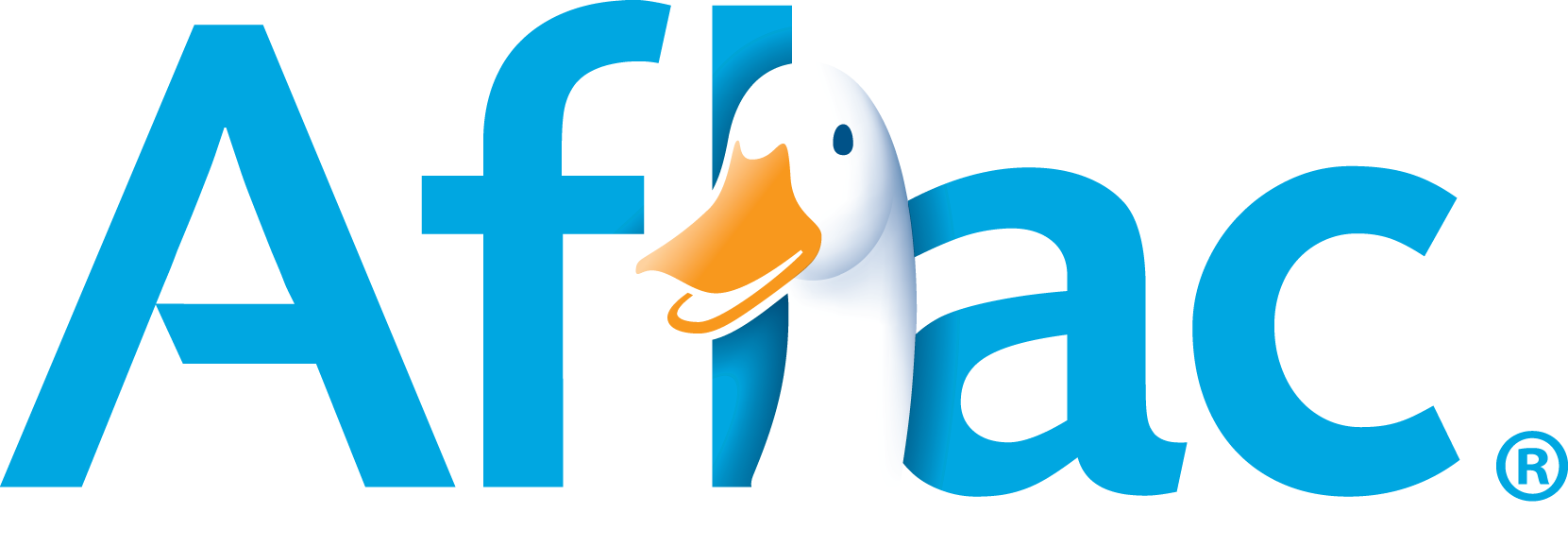Aflac’s Keyla Cabret-Lewis On The Labor Shortage & The 5 Things We Must Do To Attract & Retain Great Talent

Originally published on Authority Magazine
Can you share a few things that employers, managers and executives should be doing to improve their company work culture?
In a time when society is profoundly divided, it’s critical to create a culture where employees feel safe and belong.
This is something that starts at the top and permeates throughout the organization. For example, at my company, over three decades ago, our Chairman and CEO Dan Amos said, “I don’t want everyone at the table to look like me,” and he began building a culture of diversity and inclusion that still stands strong today. A big part of this is active listening. It’s key. Whether you’re in a position of leadership or an individual contributor, getting direct feedback will help you better understand how you can best serve your employees, consumers, communities and each other — and by putting what you learn into action, you’re building trust and rapport with those around you.
What are your “5 things employers should do to attract and retain top talent during the labor shortage?”
- A competitive benefits and compensation package is critical in the current environment. Many companies are willing to offer top dollar in sign-on bonuses and relocation, so if that talent is critical to the business, employers may have to take special measures for retention. Untraditional services and perks like extended childcare benefits, personal leave, or family leave options are a few trends we’re seeing.
- Companies need to be clear on what their strategy is moving forward, and honest communication to employees will be key. With the economy’s current unpredictability, companies need to keep employees informed and engaged on priorities and what lies ahead in terms of market changes, special projects, etc.
- Flexibility in work location is also a hot topic. Many workers are linking their physical and mental wellness to being able to work remotely or in a hybrid setting. Try to be flexible, if possible, but the business must not suffer as a result.
- Clarity on career paths is mandatory. As discussed previously, the worker of now is at a crossroads in their quest for the career that they love. To help them, employers must make career paths obtainable and clear.
- Diversity at all levels is key. People need to see themselves represented in roles of leadership.

